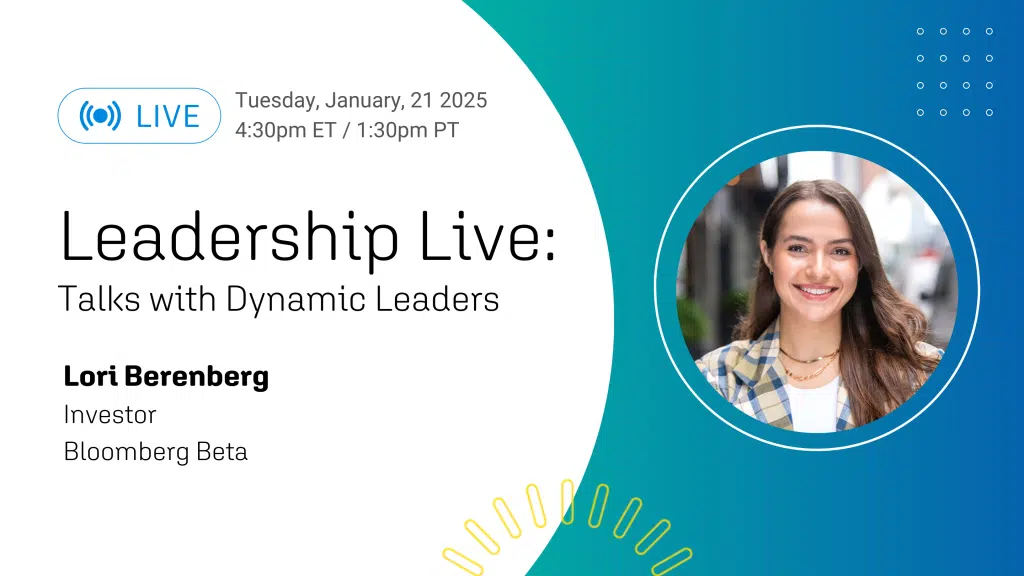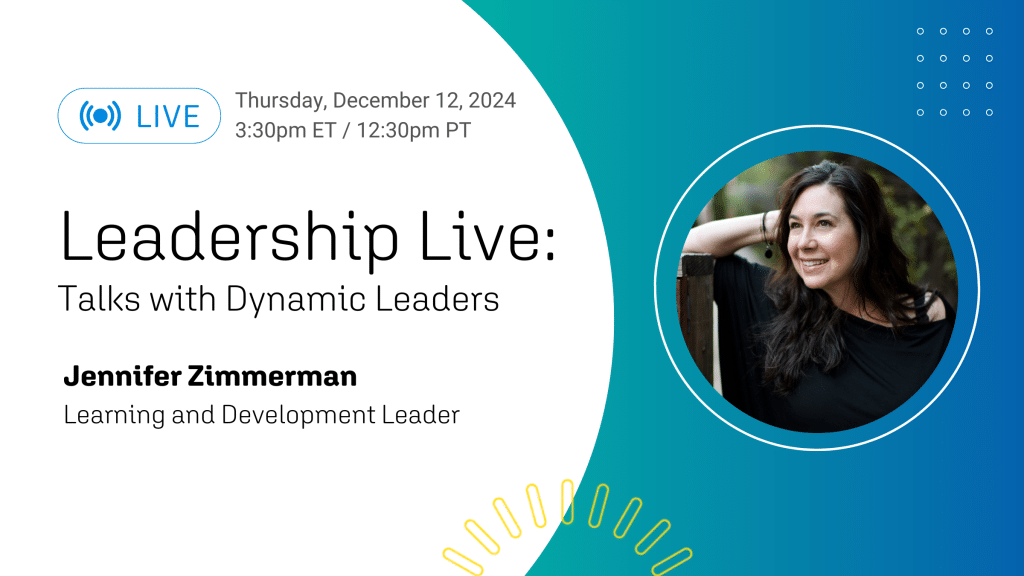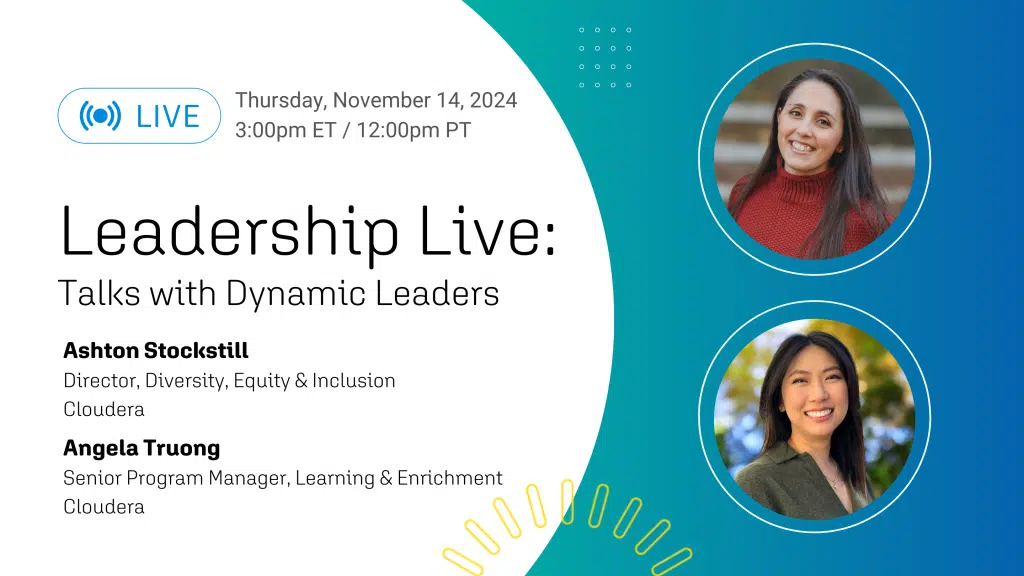Joshua Remerowski, Head of Learning and Development for SRS Distribution, joined Christine Tao for Leadership Live to discuss the importance of employee-centric development. Watch the recording above or read our highlights below.
Human-Centric Learning and Development
Organizations hoping to create impactful learning and development programs must shift their focus from solely targeting skills to more hands-on, human-centered approaches. Joshua expresses that effective training programs should include human interaction and not rely solely on passive learning methods. Blended learning that incorporates facilitated, engaging experiences can make training more impactful.
To ensure that employees are engaged and utilizing the programs offered, learning leaders must proactively listen to employees and make them feel valued, which is crucial. Practical, inclusive, and fun training programs that align with the company’s mission and values enhance the employee experience.
Training and development programs should focus on creating positive experiences for employees, reinforcing that they made the right decision to join the company, and ensuring they feel supported and valued.
Collaborative Coaching vs Directive
Joshua sees a clear generational difference between workers engaged in leadership development. Older generations tend to prefer directive development. In other words, they prefer to be directed towards solutions and feel comfortable carrying out tasks without necessarily seeking out input from others. However, Millennials and Gen Z prefer to collaborate with others, not only to gain insight from others but to also provide their own ideas and perspectives. These employees like to feel included in the “why” of decision-making.
“So many people in leadership positions give advice and think that they’re coaching,” says Joshua, but coaching “really comes down to how can I listen listen longer, stay curious longer, ask those questions so that I get the information to help the individual come to the desired outcome,rather than tell them what the outcome is.”
Effective coaching involves listening, asking questions, and helping individuals reach their own conclusions rather than just giving advice. This is one of the many distinctions between coaching, mentorship, and sponsorships that Joshua addresses.
Self-Awareness in Leadership
Joshua argues that even seasoned leaders can benefit from going back to basics. “It all starts with knowing where your blind spots are,” he says. Leaders must regularly reassess their own ability understand, assess, and challenge the status quo. This type of self-awareness helps with their own development, as well as with their team’s.








